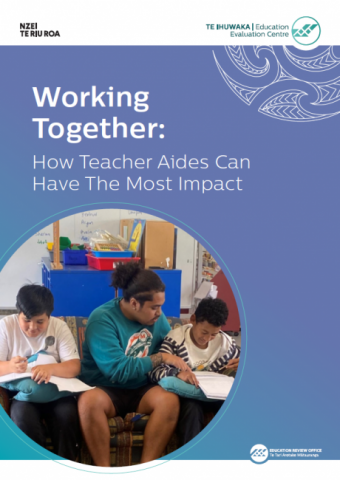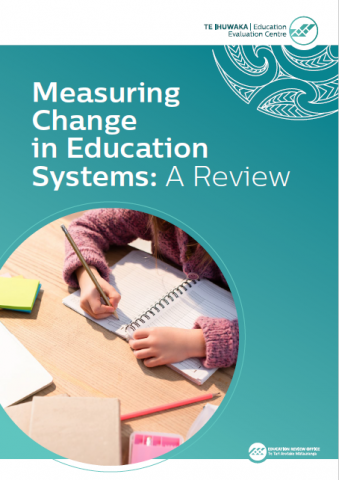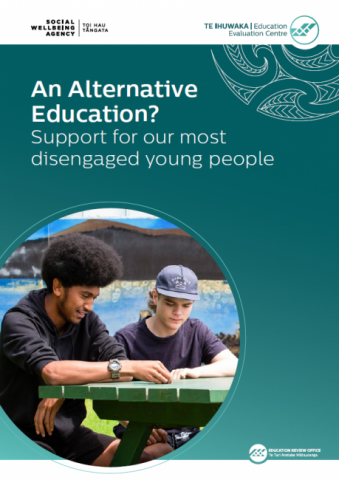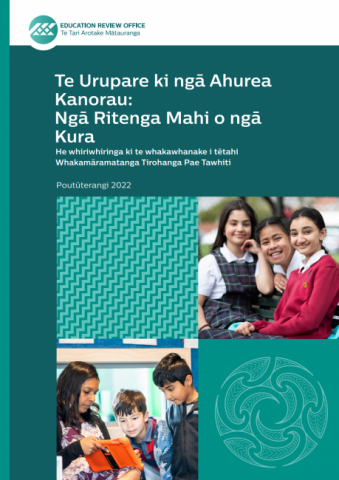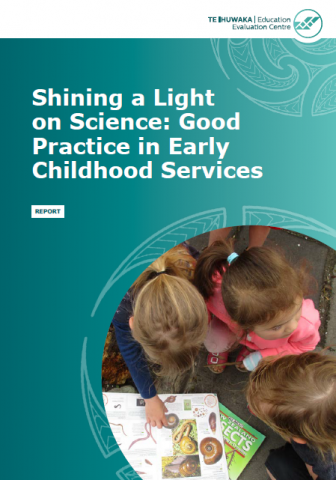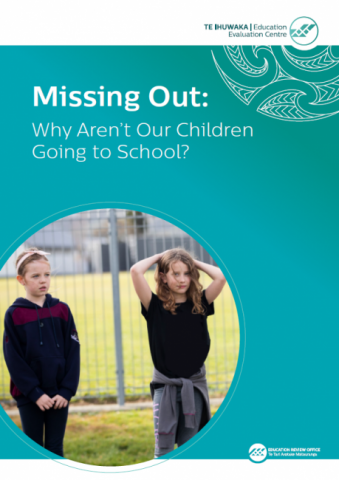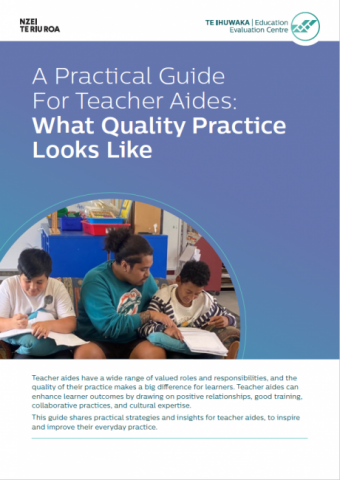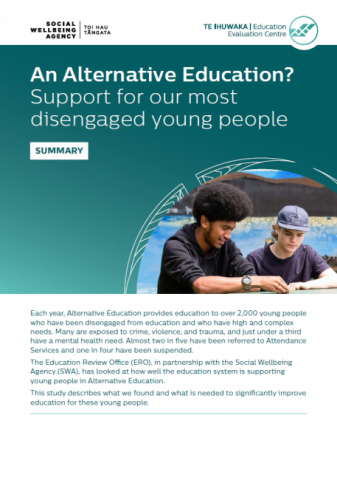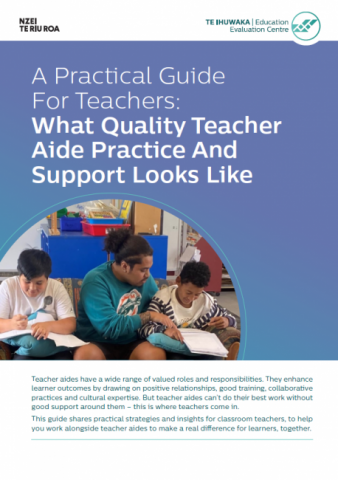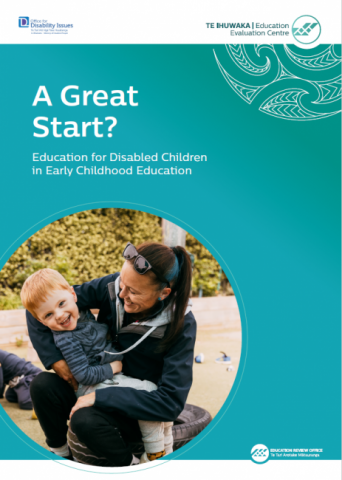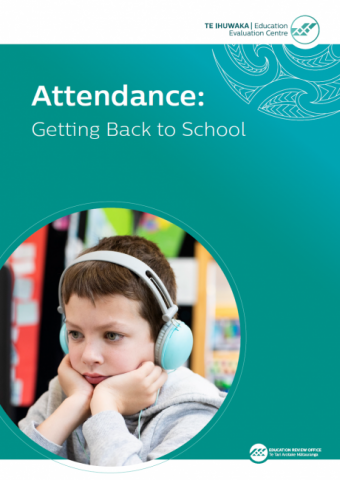Including Students with High Needs
Published: 30 Jun 2010
ERO evaluated how well schools included students with high needs. Approximately three percent of the student population have significant physical, sensory, neurological, psychiatric, behavioural or intellectual impairment. ERO’s evaluation showed that approximately half of the schools in the study demonstrated inclusive practice, while 30 percent had ‘pockets of inclusive practice’ and 20 percent had few inclusive practices.
- Audience:
- Education
- Māori-medium
- Parents
- Schools
- Content type:
- Research
- Topics:
- High needs
- Special education
- Inclusion
- Ethical standards
- Stand Children's Services Tu Maia Whanau
- Inclusive practices
- Group Special Education (GSE)
- Resource Teachers: Learning and Behaviour (RTLB)



